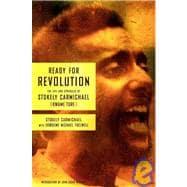By any measure, Stokely Carmichael (Kwame Ture) fundamentally altered the course of history. Published at the fifth anniversary of Carmichael's death, this long-awaited autobiography fills a yawning gap in the American historical record as it chronicle









